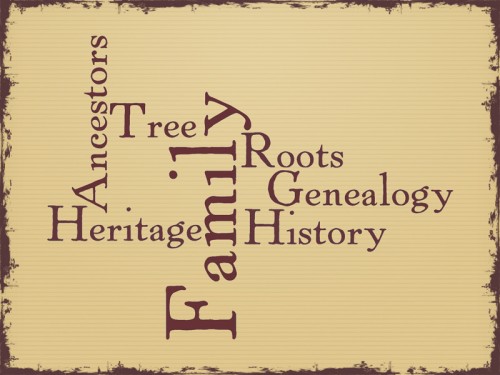I remember playing for our university football (that’s ‘soccer’ for those from North America) team. Each day before a match, the coach would post the starting players for the next day’s game. It was always a bit of a traffic jam in front of the posted sheet as everyone on the team wanted to see if ‘his name was mentioned’. It was always a disappointment when you looked at the list, knowing you had been ‘mentioned’ the previous week, only to find that you were not ‘mentioned’ this week.
Mark Jones, in his book: Knowing Christ, makes this statement: “Since Christ ‘always lives’, he always intercedes. There is no Christian alive who has not had Christ mention his or her name to the Father.” Every time, we look up to God, we can be certain that our name has and is being ‘mentioned’. We are His, and because of that bond, Christ ever lives to plead our need, and speak of us before the Father.

Multiple applications came to mind as I mulled over the notion of the intercession of Christ on our behalf:
- When I walk out my door to reach, invest, or equip another, I do not go out alone. Christ is interceding for me, for His glory, that hearts might be opened, that faith might be deepened.
- My worth is not dependent on my ‘output’. My status as a child of God has been settled forever in heaven, and this frees me to engage others from a heart that knows it is loved.
- It is not just myself and others who are interceding in prayer. Jesus Christ is interceding before the Father on our behalf. To put it in colloquial terms, this just takes prayer to a whole new level.
- Though I may grow weary in prayer, Jesus ‘ever lives to plead our need’. It is the divine hand that reaches out and picks us up in the midst of our exhaustion to let us know that when our strength comes to its end, His strength is only just beginning to be manifested.
Your ministry week may have been tough. So, may the knowledge that Jesus Christ ever lives to intercede for us before the Father strengthen and encourage your weary heart and mine!
Filed under: Identity, Prayer, Value | 3 Comments »



 when we want to know more about the family history. However, our Western cultures can blind us to the deeper significance of genealogies for the people of Israel (and others). For the people of God, genealogies served the function of defining who individuals were in the larger community, and recognized the people who had a part in building that identity.
when we want to know more about the family history. However, our Western cultures can blind us to the deeper significance of genealogies for the people of Israel (and others). For the people of God, genealogies served the function of defining who individuals were in the larger community, and recognized the people who had a part in building that identity.